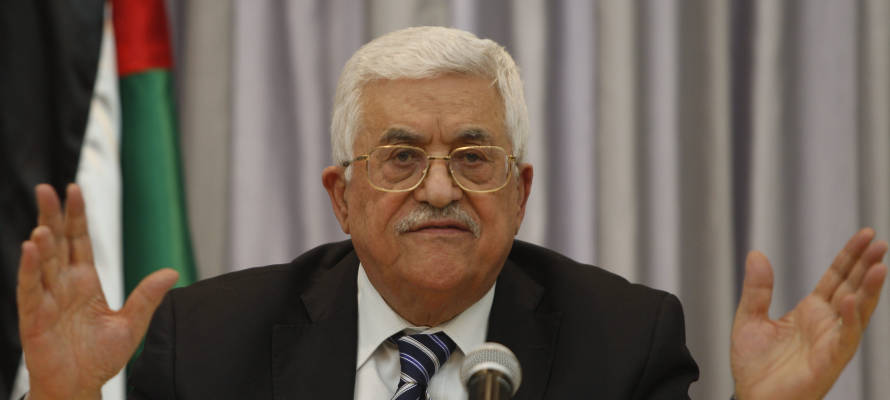The son of Palestinian Authority President Mahmoud Abbas owned nearly $1 million of shares in a company with deep ties to multiple sectors of the Palestinian economy.
Haaretz reported the story based on the “Panama Papers,” the massive leak of documents belonging to the Panamanian law firm Mossack Fonseca, which specialized in setting up tax shelters for wealthy clients.
Tareq Abbas was appointed to the board of directors of the Arab Palestinian Investment Company (APIC) in 2011 and held $982,000 in shares in 2013. APIC, which was founded in 1995 with the goal of encouraging creating jobs and boosting the Palestinian economy, “is active in almost every Palestinian economic sphere,” Haaretz reported, “from food and medical equipment to public relations, vehicles and shopping malls.”
The PA’s involvement in APIC grew alongside the company’s coffers. The PA used to directly own shares in APIC, but transferred those shares to the independent Palestinian Investment Fund (PIF) in 2003 in response to international pressure to increase transparency. Despite this, Mahmoud Abbas has in the intervening years gained even more control of PIF. Former U.S. Consul in Jerusalem Jake Walles wrote in a February 2006 cable that was uncovered by WikiLeaks that “The billion dollar-plus investment portfolio of the PIF…is now more securely in the hands of President Abbas with a board that is of his choosing, except for the ministerial slots.” In 2006, Mohammed Mustafa, an economic adviser to Abbas, was appointed chairman of PIF, and became chairman of APIC two months later.
Three businesses in which Tareq Abbas has interests – Sky Advertising, Arab Palestinian Shopping Center Company and Unipal General Trading Company – are tied to APIC. Abbas is CEO of Sky Advertising and sits on its board of directors. He is deputy-CEO of the Arab Palestinian Shopping Center Company and on the board of directors of UNIPAL.
The fact that Tareq Abbas was part of APIC’s leadership suggests that Mossack Fonseca did not do due diligence on AIPC, Haaretz wrote. International banking norms suggest that firms like Mossack Fonseca should check whether its clients are “politically exposed persons” (PEP) – government officials or relatives or business partners of those officials. If PEPs are identified, law firms are supposed to keep a close eye out for money laundering and corruption. But while Mossack Fonseca identified other APIC leaders as PEPs, they did not do so for Tareq Abbas.
In congressional testimony in 2011, Jonathan Schanzer, vice president for research at the Foundation for Defense of Democracies, observed that Mahmoud Abbas often borrows from the PIF to make up for PA budget shortfalls, and repaying it “with land that will be used for additional businesses that enrich his inner circle.” In the same testimony, Schanzer suggested that Tareq Abbas and his older brother, Yasser, should be investigated for the means by which they accumulated wealth since their father was elected president of the PA in 2005.
A 2012 Foreign Policy article by Schanzer about the corruption of the Abbas family prompted Yasser Abbas to file a libel lawsuit, which was thrown out a year later.
Other Panama Papers documents have shed light on Iran’s efforts to evade international sanctions.
By: TheTower.org
Do You Love Israel? Make a Donation - Show Your Support!
Donate to vital charities that help protect Israeli citizens and inspire millions around the world to support Israel too!
Now more than ever, Israel needs your help to fight and win the war -- including on the battlefield of public opinion.
Antisemitism, anti-Israel bias and boycotts are out of control. Israel's enemies are inciting terror and violence against innocent Israelis and Jews around the world. Help us fight back!




